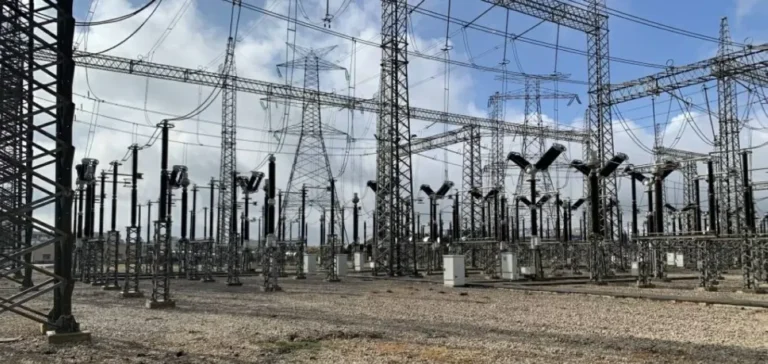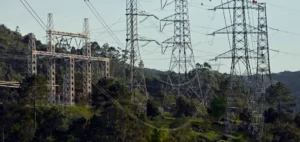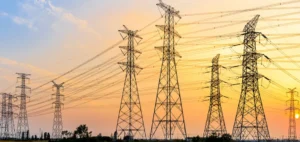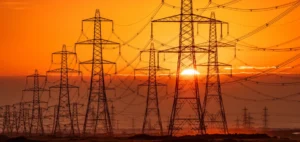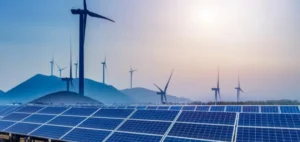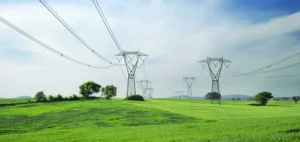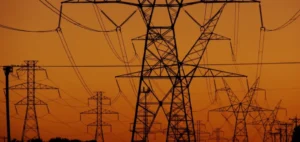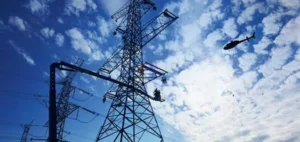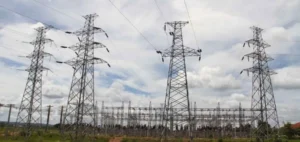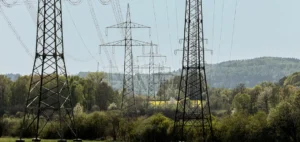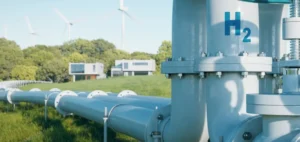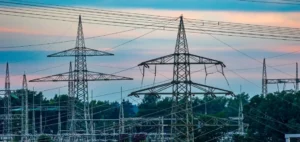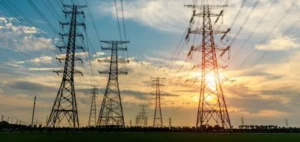The Jordanian Ministry of Energy and Mineral Resources announced that the National Electric Power Company is technically ready to begin exporting electricity to Syria. The project, however, remains dependent on the completion of preparations on the Syrian side of the interconnection line.
According to an official statement, the electricity supplied would cover part of Syria’s demand during Jordan’s off-peak consumption hours. An initial delivery has already been carried out at the Nassib border crossing through the Irbid District Electricity Company, financed by the Rural Electrification Fund (Fils Al Reef).
Extended interconnection agreements with Saudi Arabia and Iraq
The ministry’s 2024 annual report also highlighted progress in electricity cooperation with Saudi Arabia. The two countries have finalised agreements covering interconnection, operation, and maintenance. Negotiations are still underway to define the commercial framework, with Saudi Arabia expressing interest in a cash-based settlement model instead of energy exchange in kind.
To the east, Jordan completed the first phase of its interconnection project with Iraq in early 2024. This phase linked the Jordanian grid to the Rutba region via a 132-kilovolt line with a capacity of 40 megawatts. A second phase is planned, expanding capacity to between 150 and 200 megawatts through a 400-kilovolt line extending to Iraq’s Al Qaim area.
Infrastructure progress and regional interconnection
On the Iraqi side, a 330 km medium-voltage line was installed to connect with the Al Qaim substation (132/400 kilovolts). In Jordan, a new substation (33/132/400 kilovolts) is under construction in the Risha area, with civil works and equipment procurement already underway. The 400-kilovolt transmission line is expected to be operational by the end of the year.
The report further reaffirmed the long-standing synchronised interconnection between Jordan and Egypt established in 1999. This connection operates through a 13-kilometre, 400-kilovolt submarine cable across the Gulf of Aqaba, with a transfer capacity of up to 550 megawatts.
Plans to strengthen cross-border capacities
The energy exchange agreement between Jordan and Egypt is renewed annually. Regarding the proposed increase of the interconnection capacity to 2,000 megawatts, both countries agreed to reassess its technical and economic feasibility. Efforts are underway to secure funding for updated studies, following a request from the Egyptian side.


